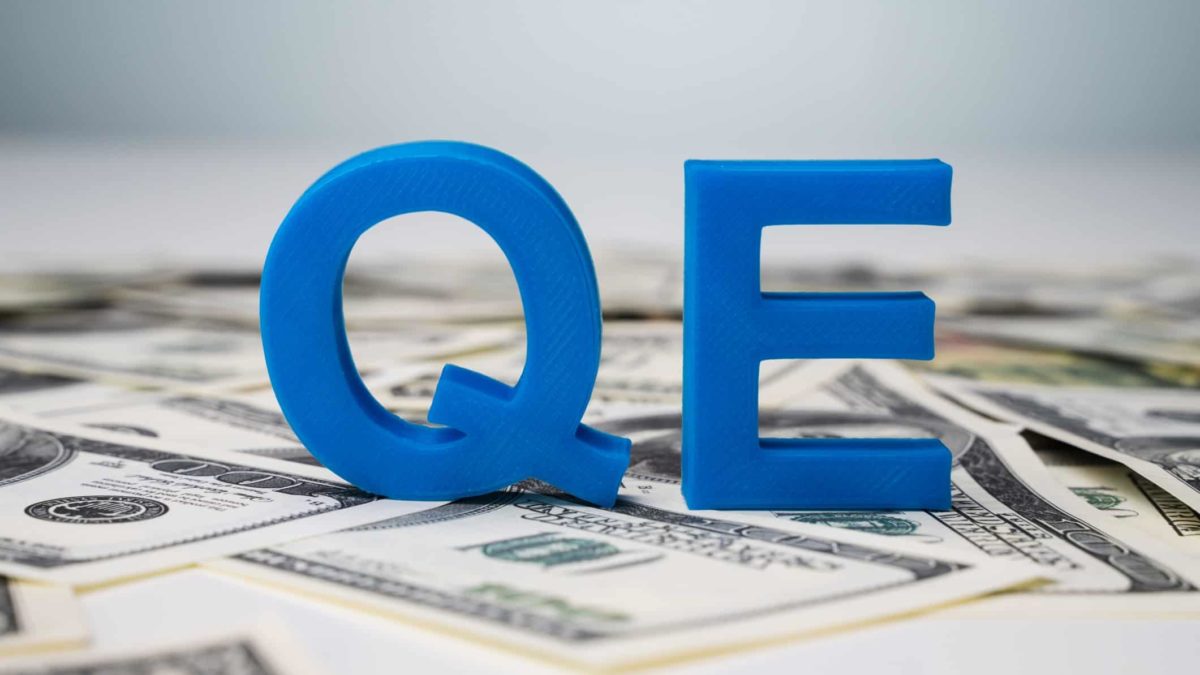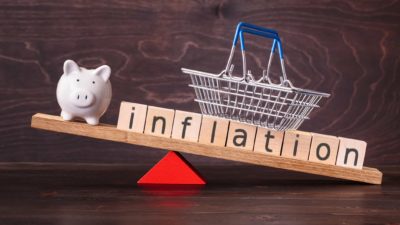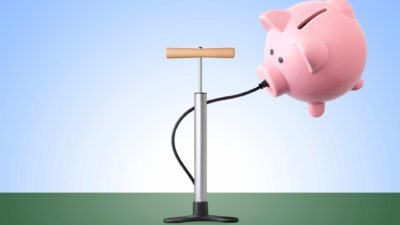2020 was a strange year in a number of ways. But among the more strange things last year brought ASX investors, none was perhaps more unprecedented than the quantitative easing (QE) program the Reserve Bank of Australia (RBA) initiated for the first time in our country's history.
Around the world, QE is not a new thing. The United States has been doing it in varying stages since the global financial crisis. Japan's central bank has been doing QE-like measures for even longer.
But here, we Aussies seemed to be exempt. Or we were, at least. Last November, the RBA announced that our exemption had expired and that the central bank would be buying $100 billion worth of Australian government bonds.
The whole idea behind QE is that it increases liquidity and lowers borrowing costs (interest rates) across the whole economy. That, in theory, leads to higher economic growth. But, as its critics also point out, it also leads to a form of currency creation. That's why its detractors often label QE as 'money printing'.
But I'd wager ASX investors haven't minded QE quite as much. See, QE is normally associated with higher share markets as a result of the increased liquidity in the financial system. Indeed, the S&P/ASX 200 Index (ASX: XJO) is up more than 14% since the RBA began its program at the start of November.
Could quantitative easing be coming to an end?
But according to reporting in the Australian Financial Review (AFR) this week, the party could have an end in sight. According to the report, forecaster Capital Economics is predicting that the RBA will be wrapping up its QE program in April of this year. That's due to its predictions that, "employment will return to pre-virus levels in the first quarter of 2021, and the unemployment rate will decline to about 6 per cent by the end of 2021, and to about 5.5 per cent by the end of 2022".
It is also predicting that, across the ditch, the Reserve Bank of New Zealand (RBNZ) will lead the world in actually raising interest rates this year. That is a result of the prediction that the New Zealand unemployment rate will decline to "around 5% by the end of 2021".
Another factor in these decisions across both economies is rising house prices. The report states that:
One reason to be optimistic about the outlook is that housing markets in both countries are roaring back to life. House prices in New Zealand are rising by around 20 per cent year-on-year and those in Australia may soon be rising at a double-digit pace, too.
What does no QE mean for ASX shares?
So if the RBA does indeed roll back its QE programs, what would it mean for the ASX 200 and ASX shares? Well, it may indeed result in the market coming off the boil.
But since Australian QE has had a relatively short lifespan, we might not see the same kind of 'taper tantrum' that the US markets saw back in 2018 when the US Federal Reserve started rolling back its own QE programs (since reversed, of course). And who knows, maybe if house prices continue to rise and unemployment indeed drops significantly in 2021, it might offset investors 'dismay' at QE coming to an end.
However, it is worth keeping in mind that, judging the experiences that other countries have faced, QE seems to be a lot easier to bring in than take away. I'll personally believe the end of QE is here when I see it.







